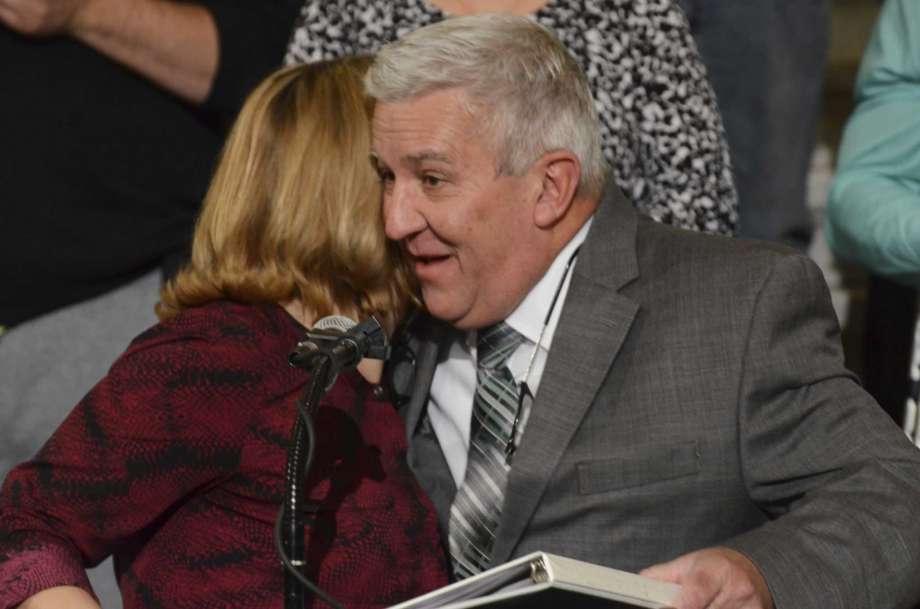When California voters passed Proposition 64 in November, allowing recreational use of marijuana across the state, it came with the caveat that communities would still have broad discretion to set local regulations.
In Roseville, and Placer County in general, this means a fairly limited set of options for people who want to use marijuana.
On May 25, the Roseville Planning Commission is scheduled to consider an amendment to the city’s medical marijuana ordinance passed last year.
The ordinance allows only medical marijuana patients or qualified caregivers to grow up to six plants, but it prohibits marijuana dispensaries, testing laboratories and recreational delivery in Roseville. The revised ordinance would allow any resident to grow up to six plants in 50 square feet of a residence, but it would maintain the other prohibitions.
“It was hard to write a staff report, because we’re not doing that much,” Roseville Planning Manager Greg Bitter said on Tuesday afternoon, hours after he submitted a draft to the city attorney’s office. “We really are just going to regulate recreational marijuana the same way we regulate medical marijuana.”
Proposition 64 allows recreational use of marijuana within homes, which Roseville officials aren’t looking to challenge. Bitter said that city code would be consistent with state law “where we have to be.”
The cautious allowance of marijuana cultivation and use in Roseville mirrors other efforts in Placer County. Last November, the Auburn Journal reported that the Placer County Board of Supervisors would continue to prohibit medical marijuana dispensaries, delivery services and commercial grows in the county.
“We’re taking the hardest stance in the state with medical cannabis,” Casey Brown, chair of the Placer County Growers Association, said at the time.
Bitter defended Roseville’s limited action at this time, noting that city council was unanimous last year about the medical marijuana ordinance it passed.
“City policy right now doesn’t support more liberal regulations for recreational marijuana than it would for medical marijuana,” Bitter said.
Some of this has to do with still-evolving marijuana regulations in the state, which first legalized medical marijuana in 1996, passed a comprehensive medical marijuana regulatory act within the past few years and saw its first marijuana czar appointed by Gov. Jerry Brown last year.
“Until the state gets all of their rulemaking done, and all their different departments create this whole regulatory system and get all the rules in place to regulate commercial marijuana, we’re not worried about it,” Bitter said.
Bitter expects the state to undertake this work in the next 12 to 18 months.
In the meantime, marijuana remains a Schedule I narcotic to the federal government, with Donald Trump’s presidential administration looking like it could reverse a trend under Barack Obama to treat nonviolent drug offenders with more leniency.
It could be months before Roseville’s proposed ordinance revision goes through. Bitter said the planning commission simply has power to make recommendations to city council, which would likely vote in early July. If council approves the new ordinance, it would take affect 30 days after.
Bitter said Tuesday that he expected a report on the proposed ordinance to be posted to the city’s website by Thursday or Friday.
A public hearing notice that the city published May 11 invited written comments about the ordinance to be sent to Project Planner, Planning Division, 311 Vernon Street, Roseville, CA, 95678.
credit:thepresstribune.com













